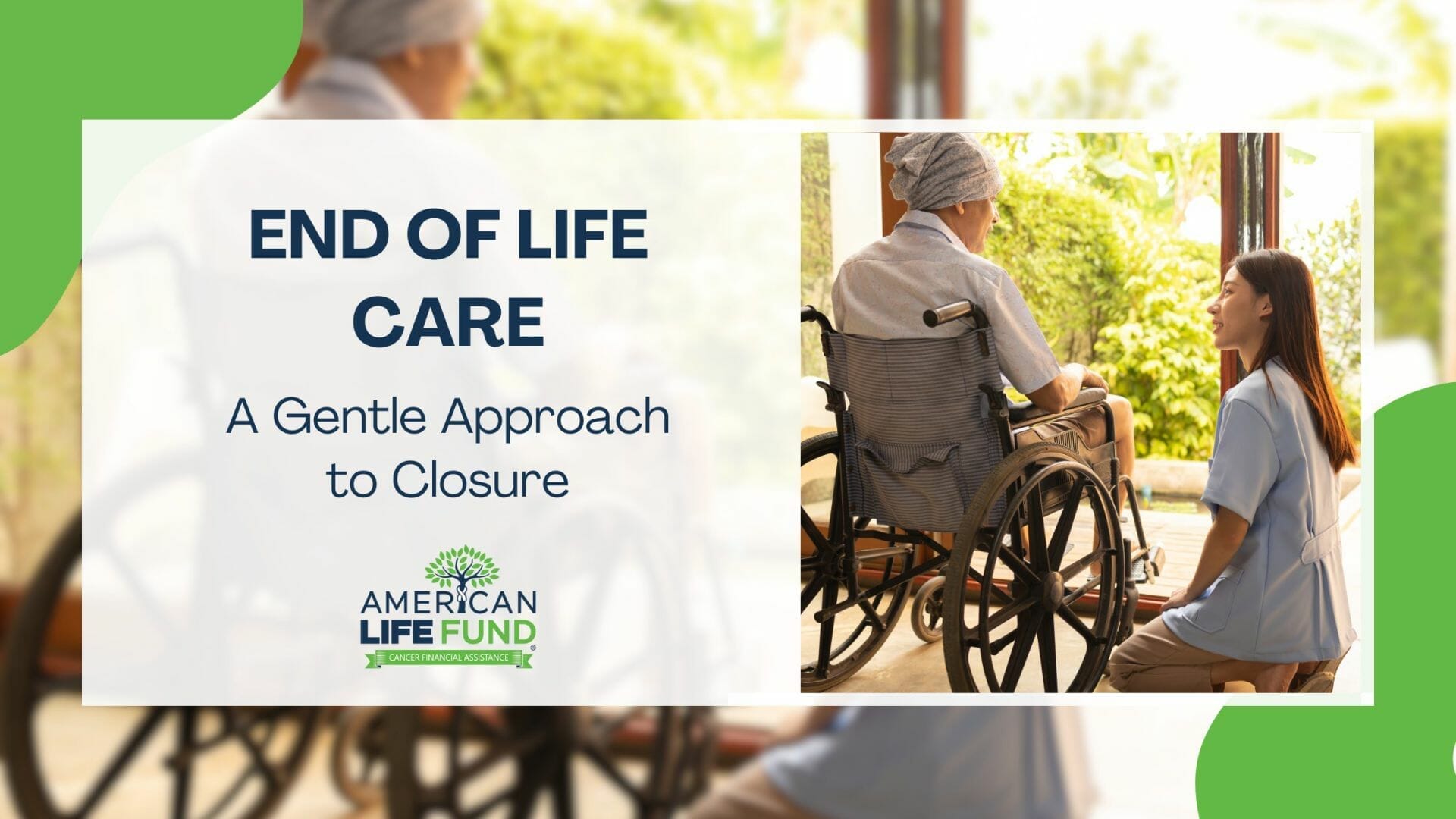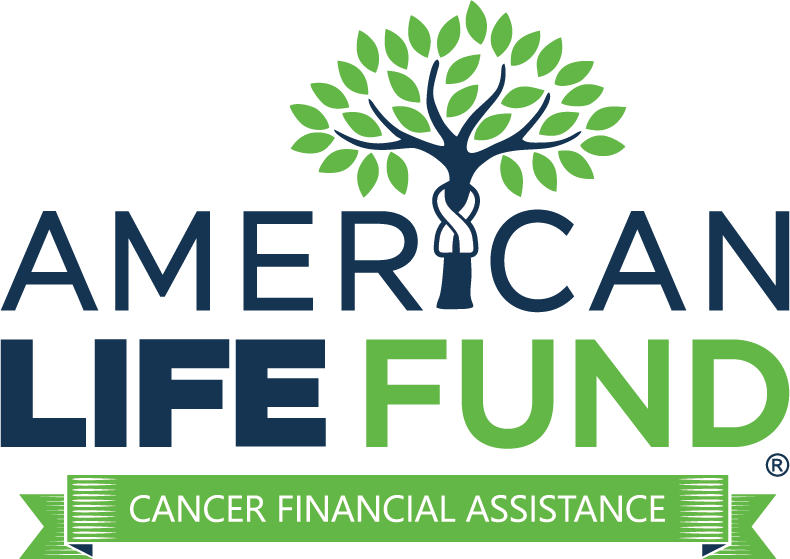In this detailed guide, we discuss the complex and deeply personal topic of end-of-life care. We aim to provide a gentle and considerate interpretation of what “end of life” means. Drawing from varied resources and expert viewpoints, we will examine different facets of end-of-life care, including caregiving roles, managing discomfort, palliative and hospice care, and strategies for patients and their loved ones to cope with the situation. This guide aims to provide you with important knowledge and resources, offering support and guidance through every step of this challenging journey.

What is End-of-Life Care?
End-of-life care refers to the comprehensive medical and emotional support provided during the period leading up to death. It is important to note that this care isn’t limited to just the final moments; it often extends over days, weeks, or months, especially for older individuals with chronic illnesses.
Each person’s end-of-life experience can be uniquely shaped by their preferences, needs, and choices. Some may be at home during this time, while others might opt for hospital or facility-based care. The presence of family and friends is often desired, but some people prefer solitude as they approach the end of life.
The primary objective of end-of-life care is to ensure a peaceful death, honor end-of-life wishes, and maintain dignity during the dying process. This involves taking specific steps tailored to the individual’s preferences and condition, ultimately aiming to provide comfort, alleviate suffering, and support the highest possible quality of life until the end.
What Are The 4 Stages of End of Life Care?
Understanding the stages of end-of-life care can help prepare you and your loved ones for the caregiving journey. Here are the four stages:
Stage 1: Stable
At this initial stage, a detailed care plan is developed, specifically tailored to the needs of the terminally ill patient. This plan outlines treatments and medications and explains how the illness will likely progress.
High-quality care services are identified at this stage, ensuring they can adapt to changing needs over time. Key elements such as current treatments and essential medications are clearly defined, allowing for a comprehensive understanding of the care process.
This stage also presents a good opportunity to discuss personal preferences. For instance, the patient may express a desire to stay at home, or they may wish to receive specific therapies. These preferences are taken into account in order to ensure that the care provided aligns with the patient’s wishes and enhances their comfort during this difficult time.
Stage 2: Unstable
In the unstable stage of end-of-life care, the care plan may change rapidly due to worsening symptoms or the emergence of new medical issues. The focus at this stage extends beyond physical care to include the emotional and mental well-being of the individual and their family.
An open dialogue about feelings and concerns is encouraged during this stage, as it can help prepare everyone involved for the emotional challenges. It’s a time when fears, hopes, and wishes can be shared, providing an opportunity for emotional connection and support.
Activities that resonate with personal or religious beliefs may also be encouraged to help manage emotional states. These include reading, listening to music, prayer, meditation, or other forms of spiritual expression. By incorporating these elements into care, the patient’s emotional well-being is prioritized alongside their physical health, providing holistic care during this challenging time.
Stage 3: Deteriorating
During the deteriorating stage, there’s a noticeable shift towards end-of-life care, with more frequent care plan assessments. This is often when hospice care or increased home support becomes more relevant to maintaining the patient’s comfort and quality of life.
While medical treatments continue, they may be adjusted to focus more on symptom management rather than halting disease progression. This is a crucial part of hospice philosophy, emphasizing palliative care—providing relief from pain and other distressing symptoms—over curative treatment.
Emotional and spiritual needs become increasingly important at this stage. The hospice team typically includes chaplains, social workers, and bereavement counselors who can provide emotional and spiritual support to the patients and their loved ones. This palliative care and holistic approach aims to help patients live their last days as fully and comfortably as possible.
Stage 4: Terminal
In the terminal stage, comfort becomes the primary focus of care. Extensive physical care is provided to manage severe symptoms and maintain as much comfort as possible. Challenges like limited mobility and difficulty swallowing become prominent, and caregivers do their utmost to manage these issues.
At this stage, emotional and spiritual well-being are highly prioritized. Support is available for the individual and their family, helping them navigate this difficult time with compassion and understanding. Bereavement support also becomes a significant care component, helping loved ones cope with the impending loss.
Medications for end-of-life care may be introduced to manage pain and other distressing symptoms. Spiritual services, if desired by the patient or family, can also play a crucial role in providing comfort and peace. This stage of care aims to provide a dignified and peaceful end-of-life experience for the patient while offering emotional support for those left behind.
 What is Needed During End-of-Life Care?
What is Needed During End-of-Life Care?
End-of-life care often requires attention to four key areas: physical comfort, mental and emotional well-being, spiritual needs, and practical responsibilities. These areas are critical in ensuring patients’ quality of life as they navigate their final stages.
Physical comfort
Managing physical comfort is a critical aspect of end-of-life care, with the primary goal being to alleviate pain and discomfort as much as possible. Pain management often takes precedence, with specialized medications like morphine alleviating severe or chronic pain. This can make the individual’s final days more bearable and allow them to focus on spending quality time with loved ones.
Breathing difficulties may become more frequent as the body weakens. Interventions such as elevating the head of the bed, using humidifiers, or administering medications can ease the sensation of breathlessness and promote more comfortable breathing.
Skin issues like irritation, dryness, or bed sores can also become a significant source of discomfort at this stage. Meticulous skin care routines, including moisturizing and frequent repositioning in bed, can help prevent these issues and keep the skin as healthy as possible.
Temperature sensitivity can fluctuate as the body’s regulatory systems start to fail. Adjusting room conditions, blankets, or clothing as needed can ensure the individual remains as comfortable as possible. Providing physical comfort during end-of-life care is about more than just managing pain—it’s about promoting overall well-being and dignity during the individual’s final days.
Mental and emotional well-being
A person’s mental and emotional well-being in end-of-life care is paramount. Emotional states like depression or anxiety may intensify during this time, often requiring the intervention of counselors or medication to help manage these emotional challenges. It’s essential to maintain open lines of communication and provide a safe, supportive environment where the individual can express their feelings.
Fears and concerns about the unknown or the well-being of loved ones left behind may surface. These fears require sensitive conversations and emotional support from family and healthcare providers. Addressing these concerns can provide peace of mind to the individual and help them focus on their journey.
Episodes of mental confusion or disorientation can complicate communication and potentially heighten feelings of isolation or distress. It’s crucial to approach these situations with patience and understanding, ensuring the individual feels seen, heard, and valued despite their cognitive challenges.
Brief moments of mental clarity may unexpectedly arise, providing a valuable opportunity for meaningful conversations, settling unresolved issues, or saying final goodbyes. These moments can provide comfort and closure for the individual and their loved ones and should be cherished and respected.
Spiritual needs
Spiritual needs often become more pronounced during end-of-life care. The search for meaning, reconciliation with life events, or existential questions often becomes a focal point. This could require the involvement of spiritual counselors, religious figures, or compassionate loved ones who can listen and provide comfort.
Existing faith or spiritual beliefs may provide comfort or become a source of internal conflict. Open discussions about spiritual concerns help navigate these feelings, allowing the individual to find peace or resolution. Respecting and accommodating these beliefs in providing care is important, as they can significantly influence the individual’s sense of peace and acceptance.
Heartfelt conversations about the lasting impact and significance of the dying individual’s relationships can offer both parties a sense of closure and comfort. Discussing shared memories, expressing gratitude, or sharing words of love and appreciation can be profoundly healing and comforting.
Some individuals may experience vivid dreams or visions involving deceased loved ones or spiritual figures. These experiences can evoke emotions, from comfort to confusion. Providing a safe space to share and interpret these experiences can be beneficial, as they can often be deeply meaningful to the individual. Spiritual care in end-of-life situations is about much more than religious practices—it’s about helping the individual find peace, meaning, and comfort in their final days.
Practical responsibilities
Practical responsibilities can often become overwhelming for the individual receiving end-of-life care and their caregivers. Worries about continuing daily responsibilities, like pet care or plant watering, can add stress. These concerns are often alleviated by explicit reassurances from family members or friends willing to help.
Routine tasks such as collecting mail, refilling prescriptions, or grocery shopping can overwhelm caregivers. Offering assistance from friends, neighbors, or community support services can be invaluable, providing some relief and support.
The physical and emotional well-being of the primary caregiver can easily be overlooked in the face of the patient’s needs. Providing respite support or emotional care for caregivers is crucial during this time, helping prevent burnout and maintain the quality of care provided.
Coordinating communication with extended family and friends can become a logistical burden. Setting up communication platforms or phone trees to keep everyone informed can help manage this, ensuring everyone stays updated without adding undue pressure to the caregiver.
Financial concerns, such as settling debts or ensuring the financial well-being of surviving family members, can become a pressing issue. This requires careful planning and the involvement of financial advisors or legal counsel. Such preparations can help alleviate some of the stress associated with financial uncertainty, allowing the individual and their loved ones to focus on their time together.
End-of-life and life insurance
Life insurance plays a crucial role in end-of-life planning. Exploring life insurance options can provide financial security for loved ones, covering funeral costs, settling debts, and ensuring their well-being after the insured’s death.
Understanding a life insurance policy’s terms and payout conditions is crucial to maximizing the benefits for terminally ill individuals and their families. For instance, term life insurance policies expire after a certain period. If the insured outlives this term, the coverage ends. In contrast, whole life insurance policies cover the insured for their entire life, guaranteeing a payout upon death.
Viatical settlements, where the policyholder sells their life insurance policy to a third party for a lump-sum payment, can provide funds for end-of-life care, including medical expenses, paying for hospice care, and other immediate needs. However, it’s important to consider the implications of such a settlement, including potential tax liabilities and the loss of the death benefit for beneficiaries.
Careful planning and understanding life insurance options can significantly alleviate the financial stress associated with end-of-life care and provide peace of mind for the individual and their loved ones.
 What is Palliative Care?
What is Palliative Care?
Palliative care is a specialized area of healthcare that focuses on relieving the symptoms and stress of serious illness. It is a broad approach that can be initiated as soon as a life-limiting illness is diagnosed, and palliative care can last for an extended period, sometimes even years.
While palliative care can include end-of-life care, receiving it doesn’t necessarily indicate that death is imminent. This common misconception often leads to the question, “Does palliative care mean death?” The answer is no. The goal of palliative care is to improve the quality of life for both the patient and their family, regardless of the stage of the disease or the need for other therapies.
It’s possible to receive palliative care concurrently with other treatments to manage your condition. Palliative care teams work with your primary doctors to manage symptoms such as pain, depression, shortness of breath, fatigue, constipation, nausea, loss of appetite, difficulty sleeping, and much more.
On the other hand, end-of-life care is a specific subset of palliative care that focuses on providing comfort and support when someone is nearing the end of their life. This includes managing physical symptoms and providing psychological, spiritual, and social support.
Palliative care is a comprehensive approach to treatment that involves addressing the patient’s physical, emotional, and spiritual needs while also navigating the practical aspects of living with a serious illness.
What is The Difference Between Hospice Care And Palliative Care?
While both hospice and palliative care aim to provide comfort and improve the quality of life for individuals with serious illnesses, they differ in their focus and the stage of illness at which they are typically initiated.
Palliative care services focus on maintaining the highest quality of life for patients with serious illnesses. It can be provided at any stage of illness, not just those near the end of life. It aims to manage symptoms, control pain, and maintain the patient’s physical and emotional well-being. This care can be delivered alongside curative treatments, helping patients cope with the side effects of their disease or its treatment.
On the other hand, hospice care, also known as “end-of-life hospice care,” specifically focuses on the period closest to death. Hospice care typically comes into play when curative treatments are no longer working, or the patient has chosen to forgo them. The primary goal of hospice care is to ensure the patient’s comfort and quality of life during their remaining time. This often involves managing pain and other symptoms, providing emotional and spiritual support, and helping families understand what to expect.
While palliative and hospice care provide crucial support to individuals with serious illnesses, they serve different purposes. They are suited to different stages of illness. Understanding these differences can help patients and their families make informed decisions about their care options.
How do we Talk About End-of-Life Decisions?
End-of-life planning is a crucial component of an Estate Plan, aimed at clearly stating an individual’s desires as they approach the final phase of their life. It includes decisions about medical treatment, estate distribution, funeral arrangements, and more. The challenge many face is articulating these wishes when the time comes, making early discussions essential.
A good starting point for these conversations is discussing personal bucket lists, which can naturally segue into more serious topics like end-of-life healthcare preferences. For instance, talking about places one would like to visit or experiences one wants to have can open a broader conversation about what one values in life. This can lead to discussions about what one might value in their final days.
Discussing these matters well in advance offers the benefit of breaking the conversation into manageable segments, avoiding the need to tackle everything in one sitting. It also provides ample time for all parties involved – the individual, their loved ones, and their healthcare providers – to understand and respect the person’s wishes.
Talking about end-of-life decisions can be challenging but is essential. By starting these conversations early and revisiting them periodically, we can ensure that our wishes are understood and honored when the time comes.
How Can a Caregiver Cope With End of Life?
Coping with the end of life of a loved one is an emotional and challenging process. This journey can be particularly demanding for caregivers as they grapple with their feelings while striving to provide the best possible care.
The prolonged journey of illnesses like Alzheimer’s or certain cancers can offer caregivers time to prepare emotionally and find meaning in their loved one’s end of life. While it doesn’t lessen the grief, being prepared for a gradual death can be less traumatizing than facing a sudden loss.
Open communication with family and friends can provide emotional support and help caregivers focus on the needs of their loved ones. Sharing experiences and feelings can alleviate some of the burden and provide a sense of community during a difficult time.
Utilizing resources like hospice services, bereavement experts, and spiritual advisors can offer valuable guidance and emotional relief for the caregiver and the family. These professionals can provide practical advice and emotional support, helping caregivers navigate the complexities of end-of-life care.
Coping with end-of-life situations requires emotional resilience, open communication, and utilizing available resources. While the journey is undoubtedly challenging, understanding the process and seeking support can make it more manageable.
[/fusion_text][/fusion_builder_column][/fusion_builder_row][/fusion_builder_container]
 What is Needed During End-of-Life Care?
What is Needed During End-of-Life Care? What is Palliative Care?
What is Palliative Care?
